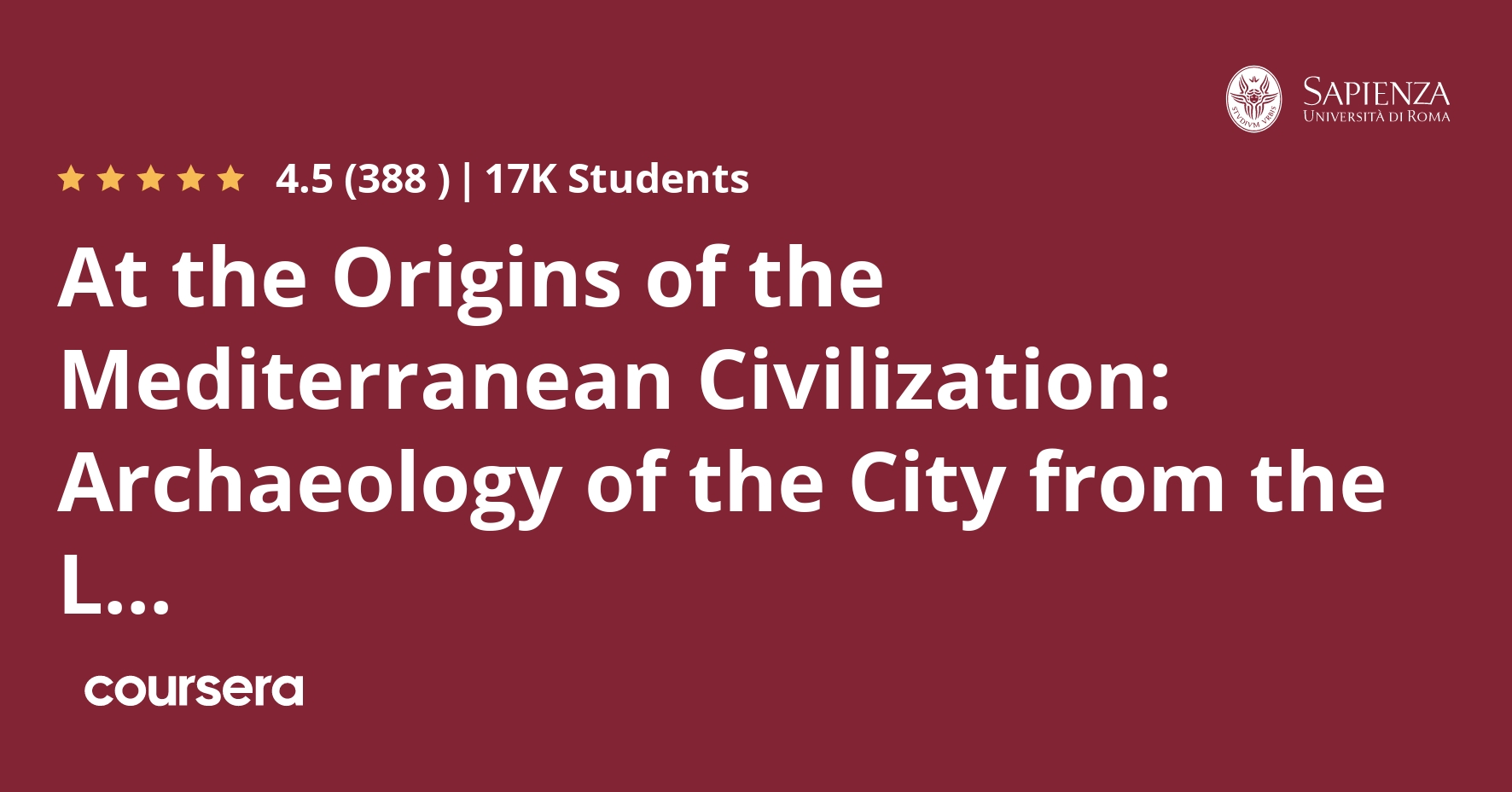Description
Which are the deepest roots of that mix of cultures that we use to call ‘Mediterranean Civilization’? Which are comminglings and exchanges which produced its most complete fruit, i.e. the city, a place for landscape-modelling communities? And which elements did contribute to build up that baulk of customs, ideas, and innovations which compelled to confrontation and hybridizations different peoples for millennia? What did it made, from pottery to metallurgy, from gastronomy to architecture, from art to religion, of a sea a cradle of civilization? Archaeology may help in disentangling such questions, seeking unexpected answers , by tinkering what ancient Mediterranean peoples left buried in the ground. A privileged point of view of our course is the ancient Phoenician city of Motya, located exactly at the centre of the “sea in the middle”. Throughout the live experience of excavation, with images taken on the field, this course will let you touch the many tesserae of the great mosaic of the Mediterranean Civilization. The field diary of the archaeologist, and the handpick will be the two tools, which will lead us across the sea to discover what such early cities actually were, and how their contribute is still a major part of our shared memory.
What you will learn
Towards the West
Concept of the city
Discovering Motya
Life and Ideology




